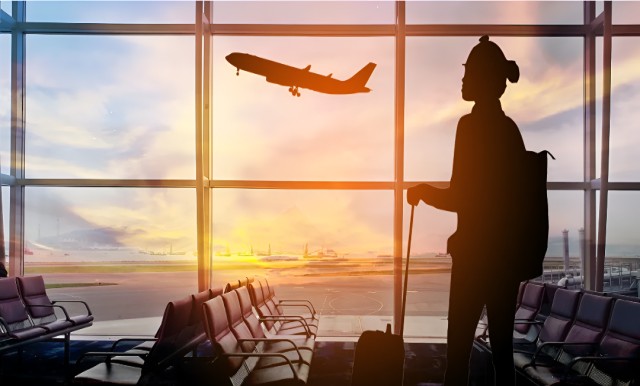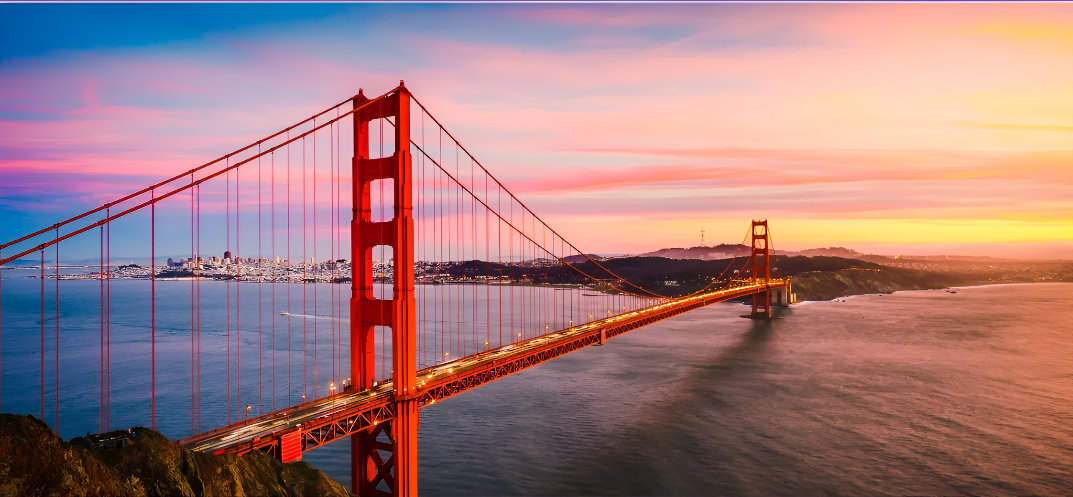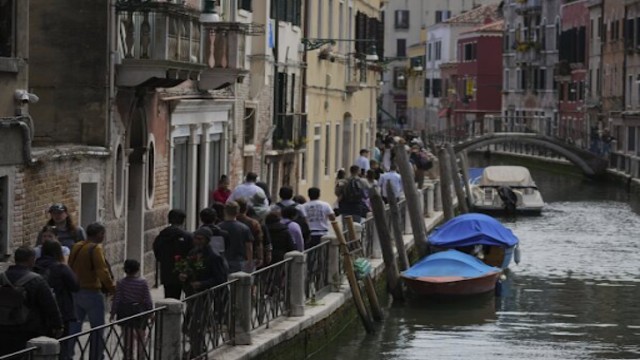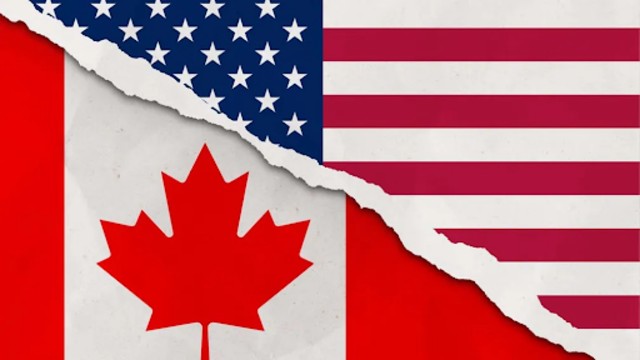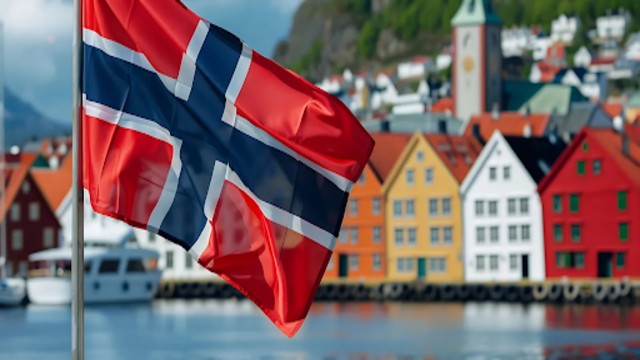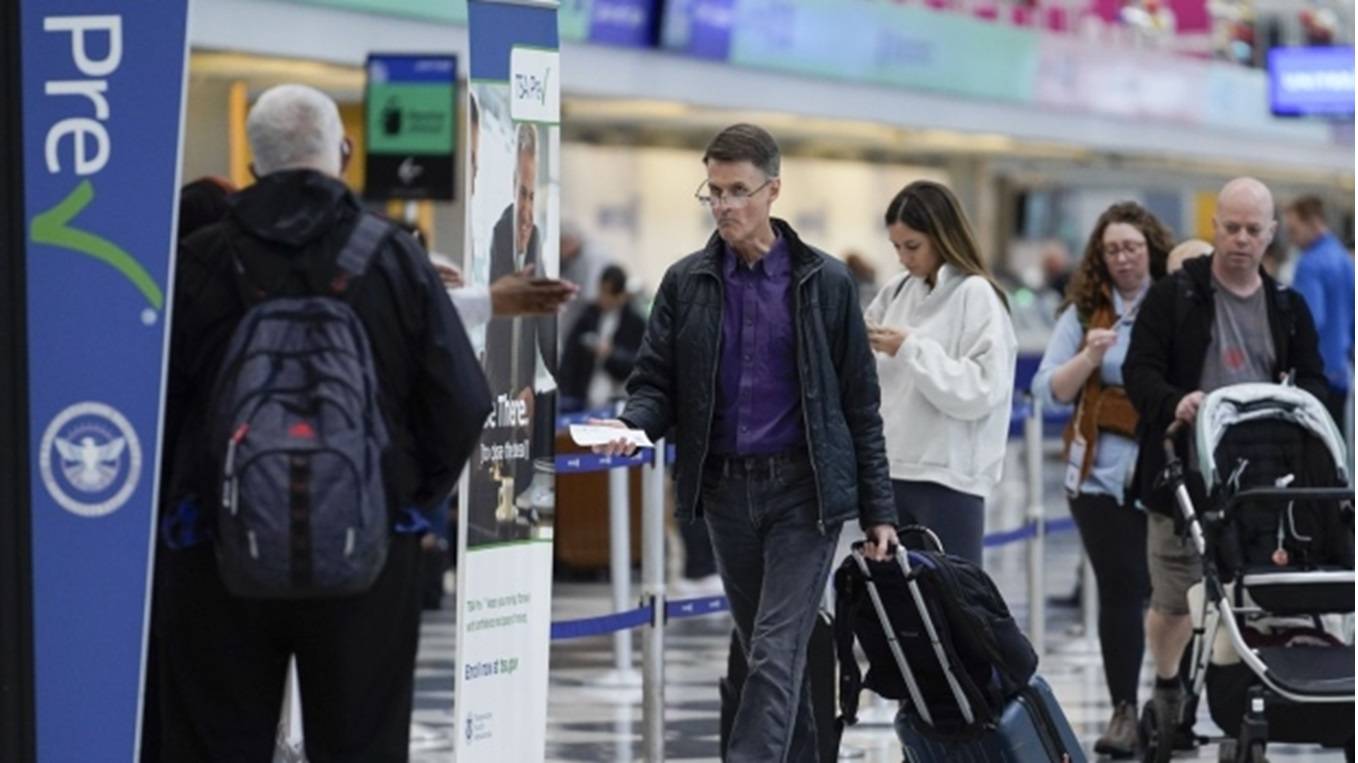
Passengers enter the TSA Pre-Check security line in Terminal 1 during the week of Thanksgiving, Tuesday, Nov. 21, 2023, at O'Hare International Airport in Chicago. (AP Photo/Erin Hooley)
As the rush of holiday travelers reached its peak on Wednesday, an estimated 2.7 million people were gearing up to embark on flights, with millions more opting for road trips or train journeys to partake in Thanksgiving celebrations.
Reassuringly, airline officials expressed confidence in steering clear of major disruptions that have plagued previous holiday seasons, notably the Southwest Airlines meltdown during the last Christmas. As of Wednesday evening, their optimism seemed well-founded.
According to FlightAware, a tracking service, U.S. airports reported 59 flight cancellations and 2,750 flight delays on Wednesday. The benchmark for a smooth operation is considered to be anything less than 300 cancellations and 4,000 delays per day, according to FlightAware.
Buffalo Niagara International Airport in New York implemented additional security measures after a car crashed and exploded at a nearby U.S.-Canada border checkpoint. However, the airport remained fully operational, while all four border crossings in the vicinity were closed.
Some parts of the country faced potential traffic disruptions due to snow showers. The National Weather Service predicted accumulating snow in northern New England, with up to 8 inches expected in northern Maine. Additionally, the northern Rocky Mountains were anticipated to experience snowfall on Thanksgiving Day, potentially reaching 1 foot in parts of Wyoming by Friday.
Security lines at airports were expected to be lengthy, prompting Delta Air Lines to advise passengers to arrive at least two hours before domestic flights and three hours early for international travel, possibly even earlier on Sunday and Monday.
The Transportation Security Administration (TSA) reported screening more than 2.6 million passengers on Tuesday, with an expectation of another 2.7 million on Wednesday. Sunday is projected to set a new record, with an estimated 2.9 million passengers to be screened.
Travelers opting for train journeys saw varying experiences at Moynihan Train Hall in New York, with some choosing trains for convenience or cost-effectiveness. Amtrak anticipated 750,000 passengers between November 19 and November 26, foreseeing potential boarding delays due to increased passenger volumes.
The holiday season poses a challenge for the Federal Aviation Administration (FAA), dealing with shortages of air traffic controllers that impacted flight reductions to the New York City area in recent months. U.S. Transportation Secretary Pete Buttigieg assured preparations for holiday travel, including the hiring of more air traffic controllers and the provision of grants for snowplows and deicing equipment.
With AAA predicting 55.4 million people traveling at least 50 miles from home between Wednesday and Sunday, gas prices offered relief for drivers compared to the previous year, with a nationwide average of $3.28 per gallon.
Charging stations, rather than gas prices, were a concern for electric vehicle drivers. Despite the overall lower costs of travel, individuals still faced financial challenges, with soaring expenses in areas such as rent, food, and healthcare impacting their ability to participate in holiday gatherings. However, lower airfares and the reduced cost of living in some cases allowed individuals to navigate these challenges and reunite with loved ones for Thanksgiving.




